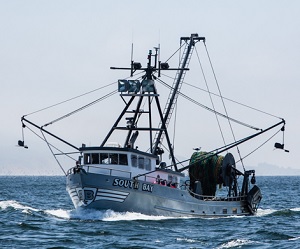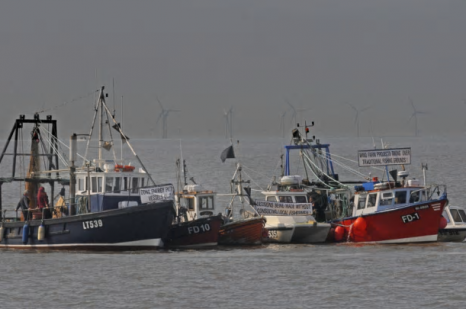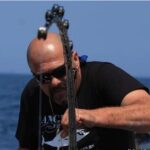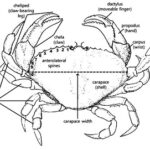Tag Archives: Dr. Ray Hilborn
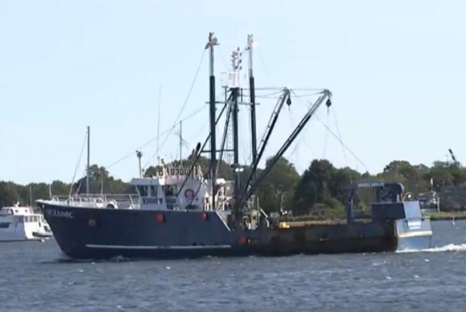
The U.S. is not harvesting as many fish as it could, driving up imports
In 2020, the global fishing industry reached an all-time record of production worth an estimated $406 billion, according to the Food and Agriculture Organization of the United Nations. Fish is a key source of protein, making it essential in feeding the growing world population. In the United States, New Bedford, Massachusetts, is the country’s most valuable fishing port, bringing in a whopping $376.6 million worth of seafood in 2020. “Fishing stocks did have a collapse in the ’90s. It changed the species that we were offering. It changed the availability. It changed the pricing,” Laura Foley Ramsden, fourth generation “fish mongress” of Foley Fish in New Bedford, 15-minute video, >click to read< 09:52

Reflection on the Minderoo Foundation’s Global Fishing Index by Ray Hilborn
This Monday, the Minderoo Foundation released their 2021 Global Fishing Index report meant to give a global picture of fisheries status. I have collaborated with the Minderoo Foundation in the past, but this report is highly flawed and should be viewed skeptically. The report claims over 50% of stocks are overfished and no country gets an “A” or a “B” grade for their management efforts—just six get a “C.” Countries that have essentially eliminated overfishing and are clearly delivering near maximum benefits to their countries are graded a “C.” Why is that not an A? >click to read<
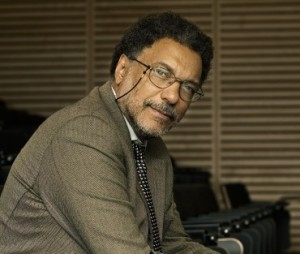 How governments finance the ruin of our oceans – Our oceans were once believed to be an endless source of fish,,, Yet, different governments around the world, including the United States, not only allow extreme overfishing but actually pay fishing boats to turn the oceans into so-called “dead zones.”,, Meanwhile, a well-known marine biologist, Daniel Pauly, says the oceans are reaching a tipping point. >click to read< 09:38
How governments finance the ruin of our oceans – Our oceans were once believed to be an endless source of fish,,, Yet, different governments around the world, including the United States, not only allow extreme overfishing but actually pay fishing boats to turn the oceans into so-called “dead zones.”,, Meanwhile, a well-known marine biologist, Daniel Pauly, says the oceans are reaching a tipping point. >click to read< 09:38
Hilborn Says Newsweek Article “May Set a New Record for Factual Errors”
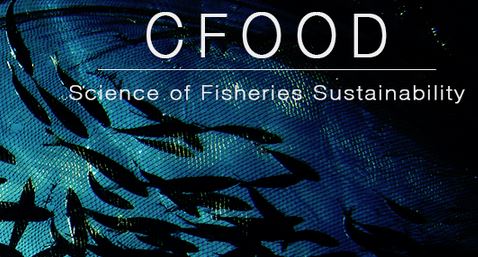 Dr. Ray Hilborn, Professor in the School of Aquatic and Fishery Sciences at the University of Washington, takes issue with Newsweek’s August 9, 2015 article “Our Taste for ‘Aquatic Bushmeat’ Is Killing the Sea” and its bleak picture of the state of worldwide seafood. The article quotes Dr. Sylvia Earle, a former chief scientist at NOAA and now a National Geographic explorer-in-residence. The article incorrectly claimed that 90 percent of global stocks had been removed in the last half-century and that 90 percent of the worlds stocks were unsustainably harvested. The latter statement was corrected to 29 percent after staff pointed out the error. Read the rest here 08:10
Dr. Ray Hilborn, Professor in the School of Aquatic and Fishery Sciences at the University of Washington, takes issue with Newsweek’s August 9, 2015 article “Our Taste for ‘Aquatic Bushmeat’ Is Killing the Sea” and its bleak picture of the state of worldwide seafood. The article quotes Dr. Sylvia Earle, a former chief scientist at NOAA and now a National Geographic explorer-in-residence. The article incorrectly claimed that 90 percent of global stocks had been removed in the last half-century and that 90 percent of the worlds stocks were unsustainably harvested. The latter statement was corrected to 29 percent after staff pointed out the error. Read the rest here 08:10
At Asia-Pacific summit, Kerry gives wrong advice for world’s fisheries
 But Secretary Kerry gets some key facts wrong here. For one, most of the fisheries of the world are not overfished. In 2014, the UN Food and Agriculture Organization (FAO) placed that number at 29 percent, and reported that approximately 70 percent of the stocks that they assessed were being fished within biologically sustainable levels. If the U.S. is going to promote sustainability worldwide, it should acknowledge current management successes. Read the rest here 12:35
But Secretary Kerry gets some key facts wrong here. For one, most of the fisheries of the world are not overfished. In 2014, the UN Food and Agriculture Organization (FAO) placed that number at 29 percent, and reported that approximately 70 percent of the stocks that they assessed were being fished within biologically sustainable levels. If the U.S. is going to promote sustainability worldwide, it should acknowledge current management successes. Read the rest here 12:35
Protecting Marine Biodiversity with ‘New Conservation’
 The debate raging within the conservation community over “new conservation” appears to be essentially a religious war, with doctrinal beliefs well defined and the rancor and defamation appearing to grow each month. Read more here 11:05
The debate raging within the conservation community over “new conservation” appears to be essentially a religious war, with doctrinal beliefs well defined and the rancor and defamation appearing to grow each month. Read more here 11:05
The end of fish, or sustainable fishing? What’s the real status of fisheries?
Published on Apr 7, 2013
Dr. Ray Hilborn from the University of Washington, provides some eye-opening facts about our fisheries, some of the misperceptions about fishing being unsustainable, and the environmental impact of fishing versus agriculture and farming.
If you’re wondering whether the oceans can continue to be fished, you need to see this






